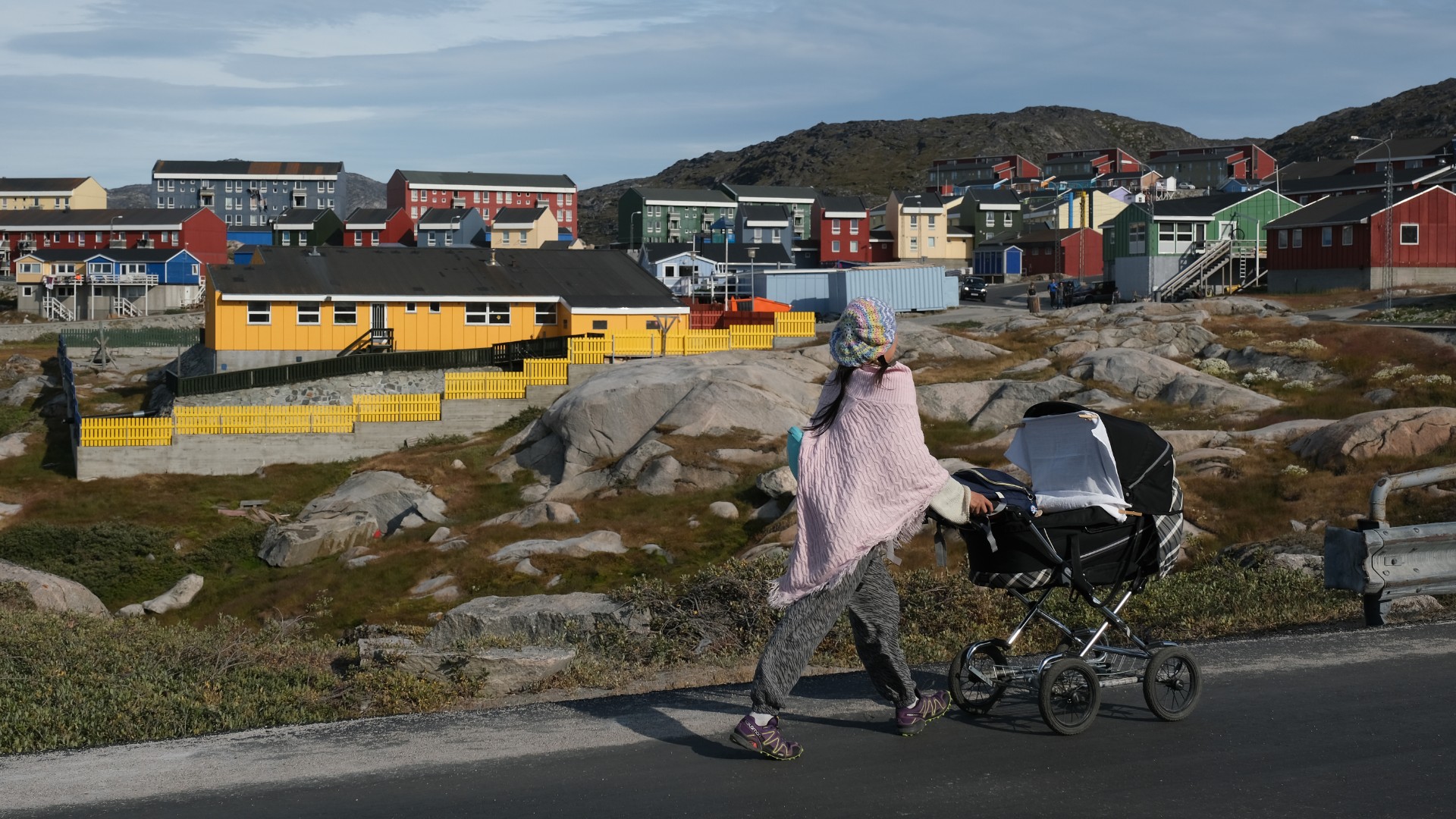Greenland prolongs COVID-19 assembly limits until 2021

Greenland’s home-rule government has prolonged its number ban on gatherings until January 31, 2021 in an effort to control the spread of COVID-19.
The ban on indoor gatherings remains at 100 people maximum. The ban on outdoor gatherings remains at 250 people maximum.
Exceptions to the executive order include private and public day care, schools and educational institutions, the government said in a news release on Friday.
Municipalities are allowed to hold events, providing they adhere to public health directives and don’t include people from other municipalities or countries.
As of Monday, Greenland has reported 14 confirmed COVID-19 infections since the pandemic began.
All cases to date have been mild with do hospitalizations and no deaths.
Write to Eilís Quinn at eilis.quinn(at)cbc.ca
Related stories from around the North:
Canada: Campaign launched in northwestern Canada to address impact of COVID-19 on families, Eye on the Arctic
Finland: Russian tourists eager to book holidays in Finland despite border closure, Yle News
Greenland: Greenland adds new incentive to promote domestic tourism as international travel craters, Eye on the Arctic
Iceland: Iceland reinstates COVID-19 restrictions after spike in domestic infections, Eye on the Arctic
Russia: Russia’s Murmansk region counts more COVID-19 cases than neighboring Norway or Finland, The Independent Barents Observer



